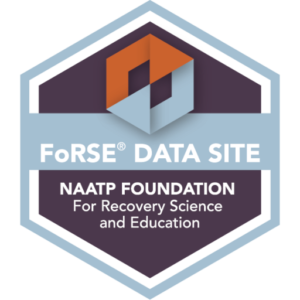Is Dual Diagnosis Treatment Right for Me?
For anyone struggling with a substance use disorder (SUD), the path to recovery can often feel extremely overwhelming and complex. For many, substance abuse isn’t an isolated issue but is intricately linked with mental health challenges. This intertwined condition is known as dual diagnosis, a term that has become increasingly relevant in understanding and treating […]
Is Dual Diagnosis Treatment Right for Me? Read More »










